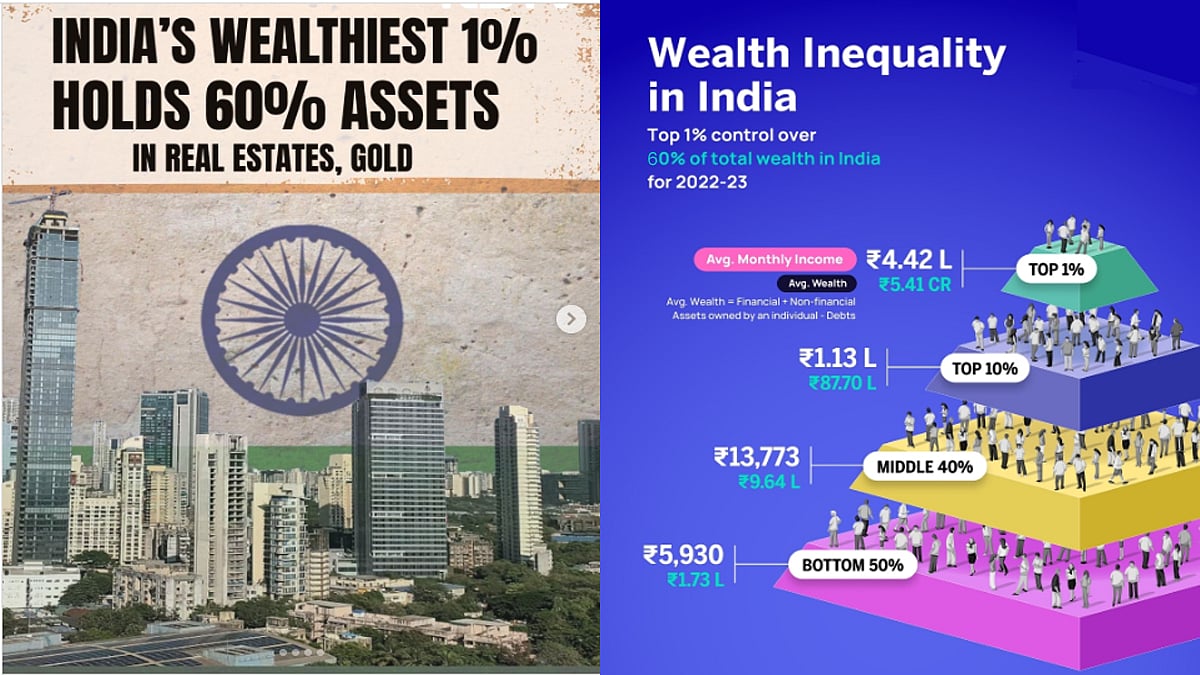Context:
According to a recent G20 report commissioned under the South African Presidency and led by Nobel laureate Joseph Stiglitz, found that the richest 1% of Indians increased their wealth by 62% between 2000 and 2023.
Key Findings:
Globally top 1% people captured 41% of all new wealth between 2000 and 2024, while the bottom 50% received just 1%.
· In India, richest 1% expanded their wealth share by 62%, outpacing China’s top 1%, which grew by 54%.
· Countries with high inequality are seven times more likely to experience democratic decline. Rising disparities also threaten economic stability, social cohesion, and climate action.
· Since 2020, global poverty reduction has slowed; 2.3 billion people face moderate or severe food insecurity, and 1.3 billion people are impoverished by out-of-pocket health spending.
Drivers of Inequality in India:
1. Wealth concentration: Rapid accumulation by top income groups through financial markets, real estate, and corporate profits.
2. Taxation gaps: Limited progressivity in income and wealth taxation allows high-income groups to retain a disproportionate share of earnings.
3. Access disparities: Unequal access to quality education, healthcare, and technology reinforces intergenerational wealth gaps.
4. Urban-rural divide: Economic growth has disproportionately benefited urban and industrial sectors, leaving rural populations behind.
Policy Implications:
The report emphasizes that extreme inequality is a choice, not an inevitability, and recommends measures that make the poor richer without reducing the wealth of the rich. Key policy avenues for India include:
· Progressive taxation: Strengthening wealth and inheritance taxes to reduce concentration at the top.
· Universal access: Expanding social protection, healthcare, and education to ensure equitable opportunities.
· Labor reforms: Promoting fair wages, worker rights, and inclusive growth initiatives.
· Global coordination: As part of the G20, India can advocate for shared policies to curb tax havens, illicit financial flows, and unfair global financial practices.
Proposal for Global Monitoring:
The G20 report proposes an International Panel on Inequality (IPI), modeled on the IPCC, to provide authoritative data and policy guidance on global and national inequality.
· This would support evidence-based interventions and track the effectiveness of measures to reduce wealth gaps.
Conclusion:
The G20 report underscores that unchecked wealth concentration threatens democracy, social cohesion, and sustainable development. For India, combining robust economic growth with equitable wealth distribution is critical to ensure that the benefits of prosperity are shared across all sections of society, aligning with constitutional values of justice and equality.







